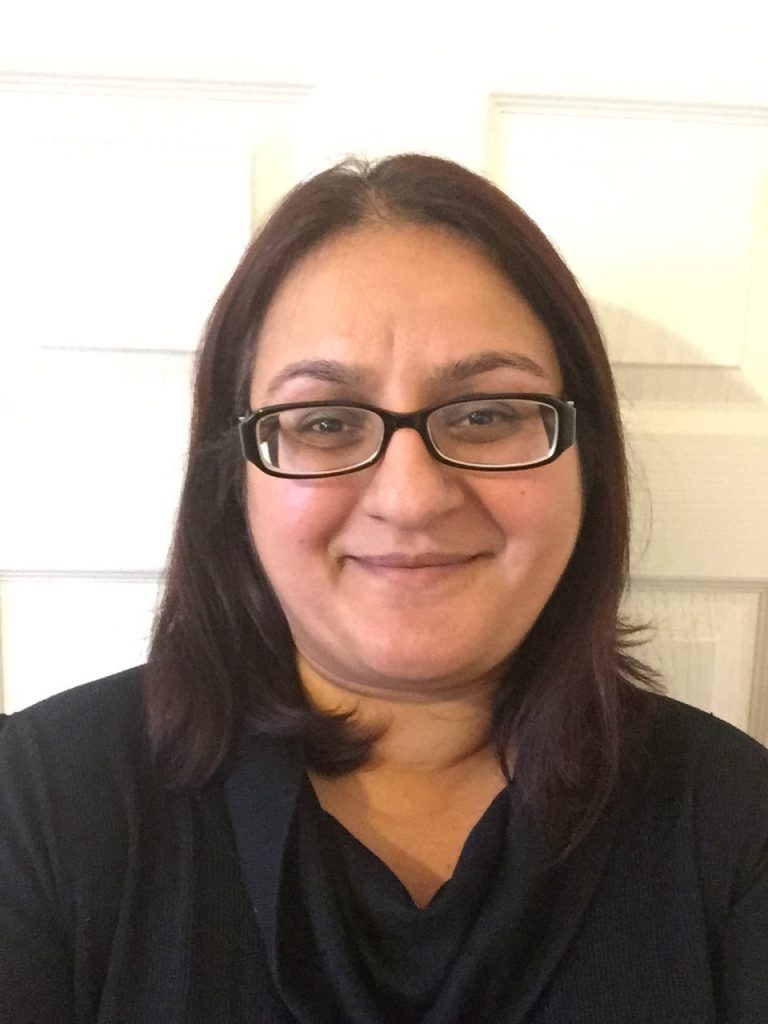Thanks to Mobeena Khan for this review of the Games Based Learning Event she attended as a BAME (Black and Minority Ethnic) bursary winner. Please note we currently have bursary places available for our Anti-Racist Pedagogy and Decolonising: An Information Literacy Perspective Event.
My name is Mobeena Khan and I am an Information Skills Librarian at London South Bank University. My background is in public libraries with a focus on stock and reader development. I am also part of the CILIP BAME network steering group and a member of YLG (Youth Libraries Group) Eastern and a Carnegie Greenaway judge for the next set of awards. As a part of a team of Information Skills Librarians, I teach and support students to locate, evaluate and reference sources of information
Games Based Learning was a session run over a morning with three speakers:
- Sarah Pavey, author of “Playing games in the school library: Developing game-based lessons and using gamification concepts”
- Rosie Jones, Director of Student and Library Services at Teeside University and
- Andrew Walsh, trainer and play enthusiast
It was a wide-ranging session with the speakers touching on IL teaching in schools, FE and HE and there were lots of examples of what worked well but also projects that hadn’t worked so well and was an informative session. I highly recommend the speakers and attending any sessions they run! True to the spirit of the session, we played games during the presentation for all three speakers.
The first session focused on games-based learning in school libraries which helped focus those of us working in HE, on what kind of learning students had experience of up till the point of entering university or FE. If teaching is focused on passing exams, rather than doing tasks which involve concepts that help you understand WHY something is occurring or the way it is, than this type of thinking will affect students and their confidence and ability to research at FE and HE levels. Sarah noted it was important that students had a chance to practise skills without worrying about things being “wrong” and this was something that the other speakers also elaborated on.
This was also something that was picked up on by Rosie Jones, the second speaker who spoke about play as a leader and how playing encourages making mistakes but more importantly, allows us to realise that it is OK to make mistakes. Rosie spoke about the different types of games based learning that she had experienced and implemented including games for conferences and the Play Based Learning conference.
Our third speaker, Andrew Walsh is known for his work in play and games based learning and his talk was suitably immersive right from the outset. He spoke about the journal of play learning, play communities and took us through some of the games he had used.
There were useful tips from the speakers and they also raised some interesting questions – how do we as librarians get academic staff and students on board with games based learning? How do we convince those students who are reluctant to play and cannot see the relevance of a games based learning session to needing to reference their assignments?
Universities and conferences that have implemented games based learning extoll its virtues but why is there such a difference between where different universities are at with games based learning? Why are some institutions so reluctant to use it as a teaching method?
Let us know your thoughts in the comments section below – how have you used games based learning? How did you bring academics, students or even fellow team members along with you? Where are you at in your games based learning journey?
Thanks to the Information Literacy Group for providing a bursary which enabled me to attend this session.

